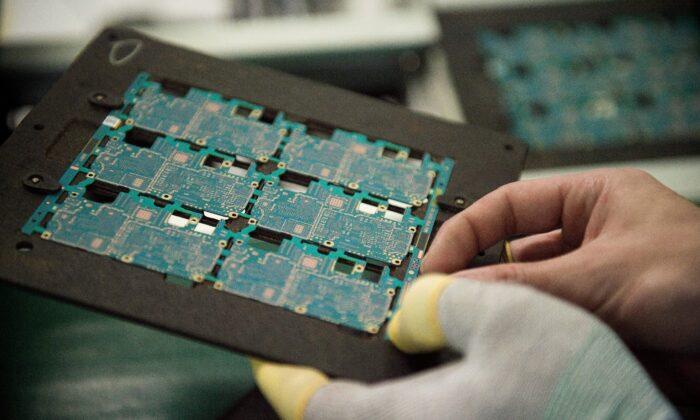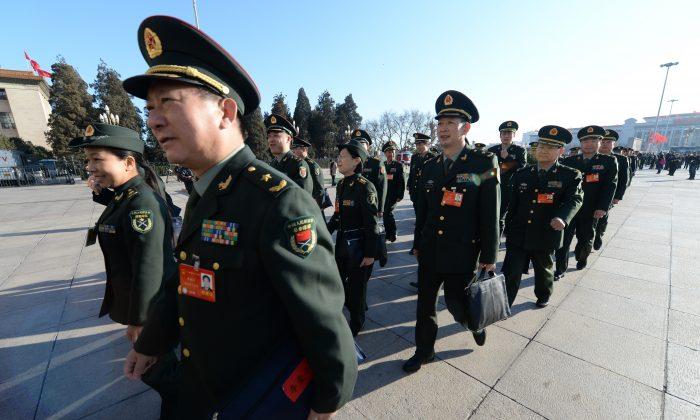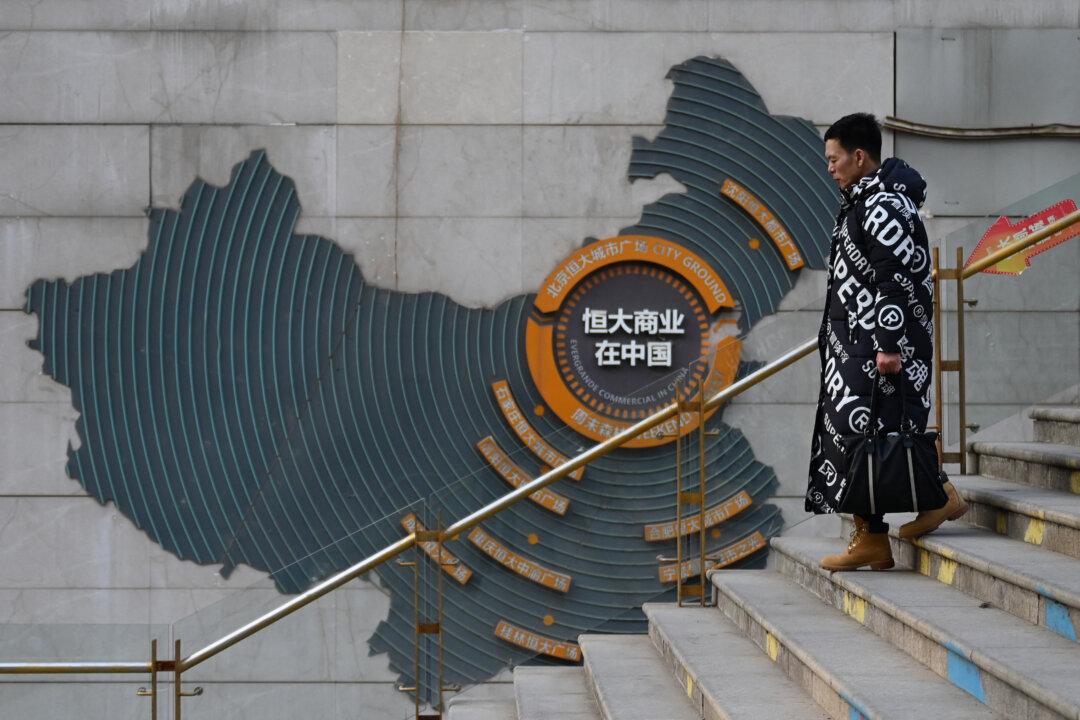Chinese authorities had high hopes for China’s chip industry, expecting to see a “semiconductor miracle,” which would then affirm the “advantage of China’s whole nation system,” as well as overcome technology sanctions imposed by the United States.
However, eight years into establishment of China Integrated Circuit Industry Investment Fund, also known as the “Big Fund,” trillions of yuan have been exhausted with little success in tech innovation.
China’s anti-corruption watchdog launched an investigation into the former and current executives of the “Big Fund” in July, and seven senior officials linked to the “Big Fund” have demoted since.
Where Did China’s Trillions in Research Funding Go
In April 2018, Chinese state media Sina Finance published an article, asking the question, “China has long been spending trillions of yuan in the field of semiconductors every year, but where did the huge amount of funds go?”The article went on to say that in the past several years, roughly only 40 percent of the country’s research funding was actually spent on science and technology research and development, and 60 percent was spent on meetings and business trips.
“Whenever there are chances of business meetings, one can reimburse travel expenses, gasoline cost, and the travel cost can be huge when people go abroad to attend meetings. Even researchers at Tsinghua University and Peking University are no exception,” it said. “Anhui University of Engineering has also found that research funds are used to reimburse entertainment, foot spa, HOA cost and other expenses unrelated to the project. Moreover, the university noted a drastic increase of business trips abroad in recent years.”
A researcher revealed to Sina Finance that usually for the so-called inspection trips in foreign countries, the researchers simply made a brief appearance at their targeted inspection sites, and the rest of the time was spent on travel, leisure, and sightseeing.
In addition to holding or attending business meetings, Chinese research institutions are also obsessed with buying equipment, according to the article.
R&D Fraud
Many researchers are very skillful at selling an idea—hyping up a concept, sometimes to the point of committing R&D fraud, in order to apply for a hefty amount of funding. “Some key projects can get several millions or even several tens of millions of yuan as research grant. These people’s desire for capital is greater than getting down-to-earth with scientific research,” the article said.Citing the Wuhan Hongxin scandal as an example, the article recounted that in August 2002, Chen Jin, then dean of the microelectronics school of Shanghai Jiaotong University, bought a Motorola chip from the United States, and hired a few migrant workers to polish off the MOTO logo from the chip with sandpaper. He then paid a small company to put a “Hanxin One” trademark on polished surface of the chip. Through layers of his personal connections, he was able to obtain various certifications, claiming that it was China’s first high-end DSP chip with independent intellectual property rights.
“As the whole nation was thrilled at his claim, Chen applied for dozens of research projects in one shot, and even deceived the General Armament Department of China’s military into filing a Weapons and Equipment Technology Innovation Project. No one noticed any problems before or afterwards. So he succeeded in defrauding over 100 million yuan of scientific research funds,” the article said.
In an interview with The Epoch Times on Aug. 12, overseas China expert Lu Tianming pointed out that China’s ambition of rapid chip R&D itself is a good goal to set, but the thing is, the Chinese Communist Party is rotten to the core.
“It can be said that every single communist official is corrupt,” Lu said. “Actually, it would be abnormal if any official or supervisor involved would not embezzle from the funds. They all wish to line their own pockets when given such an opportunity.”






Friends Read Free